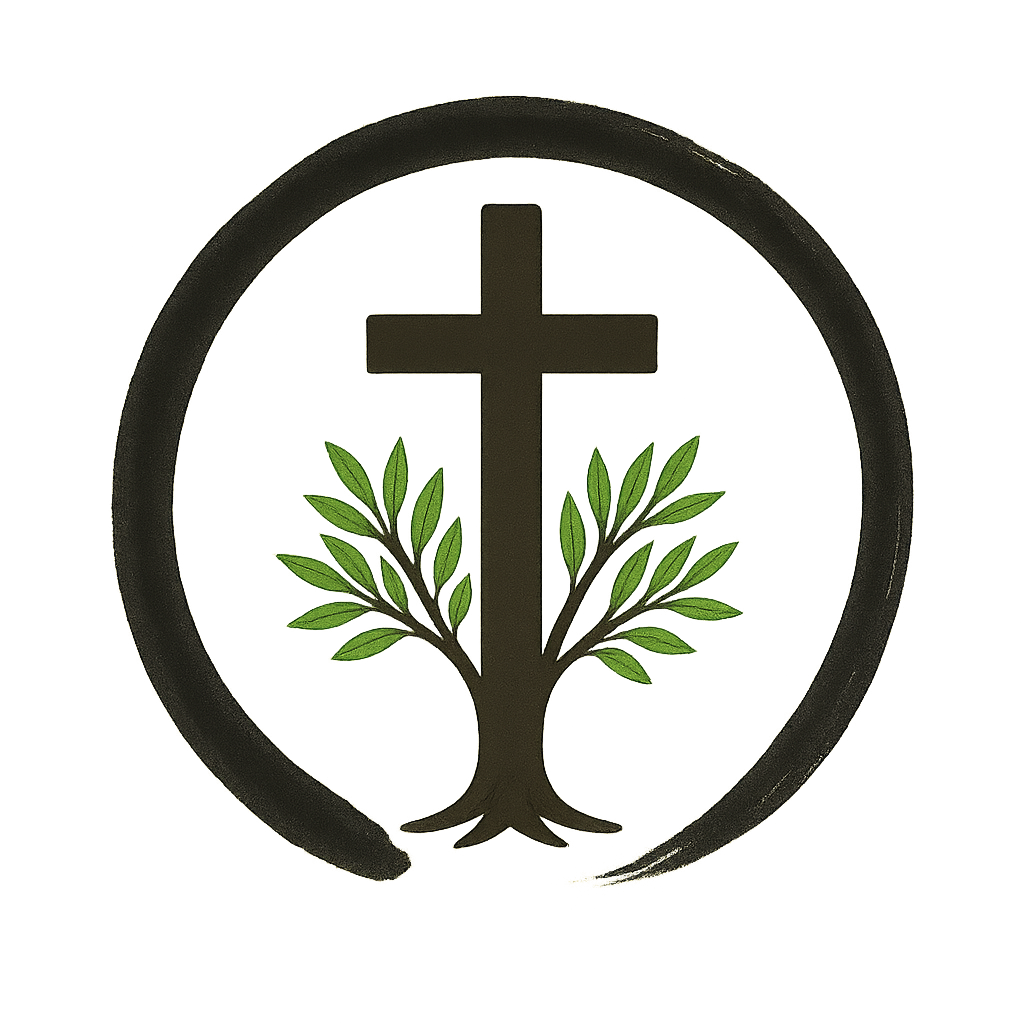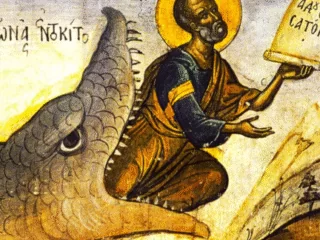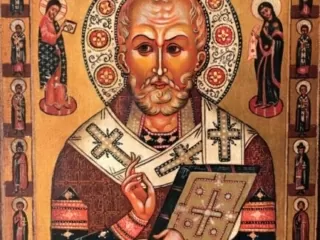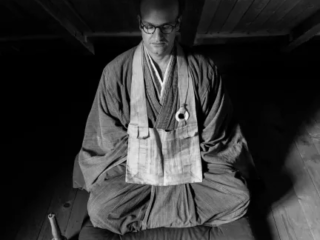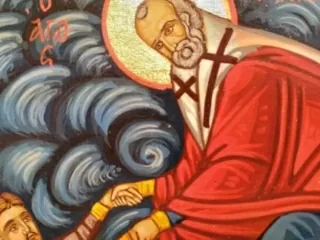Fatherless Society – The Father Wound
Fatherless Society - The Father Wound
Have you ever felt like something is missing in your life? Even when, at first glance, everything seems fine? A feeling of inner emptiness, a vacuum, a quiet restlessness, as if something important had been lost in childhood. Perhaps you never heard, "I'm proud of you." Perhaps he was there, but internally absent, critically harsh, and even though you now have your own family, a job, and a life, something still aches inside you. Quietly, but persistently. And one of the deepest and most repressed wounds is the father wound.
What we don't recognize in our consciousness appears in our lives as fate. (C.G. Jung)
The Fatherless Society - The Wound of the Father
It influences how we love, how we assert ourselves, how we trust, how we live. Perhaps this wound still lives within you today, guiding decisions without you even realizing it. But there is a way back, a way back, not to look for someone to blame, but to understand, not to dwell on yesterday, but to reclaim what was missing then: yourself. Before we can consciously speak or think, it begins. In childhood, our psyche is like soft clay. Everything. A look, a silence, a gesture. The father figure, whoever takes on this role, is more than just a provider.

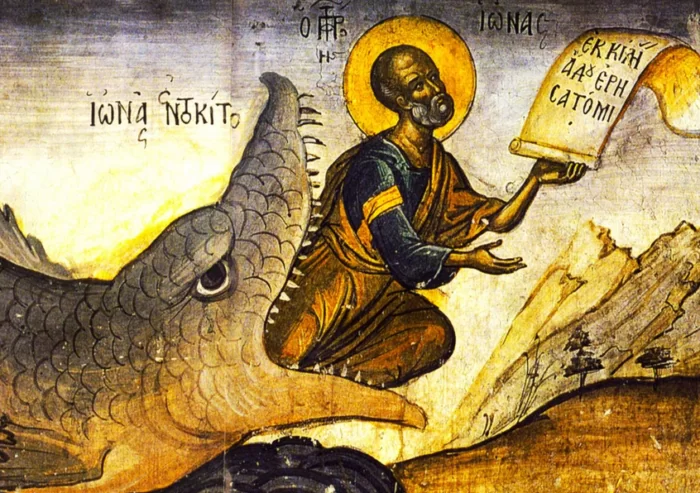
The father figure symbolizes orientation, support, and inner structure
In depth psychology, the father represents the axis around which the self forms. He shows us where the boundaries are, where we stand in life, and what we can expect from the world. When this presence is lacking, whether through absence, emotional coldness, or unreliability, a crack appears in the foundation. A feeling of insecurity, an inner emptiness, arises. The child doesn't look for blame outside. They don't think, "My father failed." They think, "There's something wrong with me." This is how the first deep wound in self-esteem develops: a feeling of not belonging.
The fear of showing oneself as one is stems from the fear of not being accepted. This wound doesn't disappear over time. It merely changes form. It disguises itself as excessive ambition, chronic mistrust, fear of making mistakes, and excessive harshness.
Where the Soul Begins to Bleed
Many people don't begin their true lives at 18, but rather at the moment they look back and realize where their soul began to bleed. Sometimes the father is absent not physically, but emotionally. He may be sitting at the table, paying the bills, or going on vacation, but he's not really there. No genuine listening, no genuine mirroring, no genuine interest in what moves them inside. This silent form of absence leaves traces that are difficult to name. Because how do you explain the feeling of never really being seen? Children need their father not just as a figure, but as a sounding board, as someone who says, "I see you, you can be who you are."
But when criticism, indifference, or excessive expectations dominate the relationship, deep confusion arises. You don't know whether you are too much or too little, whether you have to fight to be loved, or whether it's better to remain silent so as not to disturb. Many carry this confusion into adulthood. It manifests itself in an exaggerated sense of duty, a desire to do everything right, or a withdrawal out of fear of being disappointed again. And the tragic thing is: These people don't doubt their father. They doubt themselves. They think: If he wasn't interested in me, then maybe I'm not interesting. If he didn't praise me, then maybe I wasn't good enough.

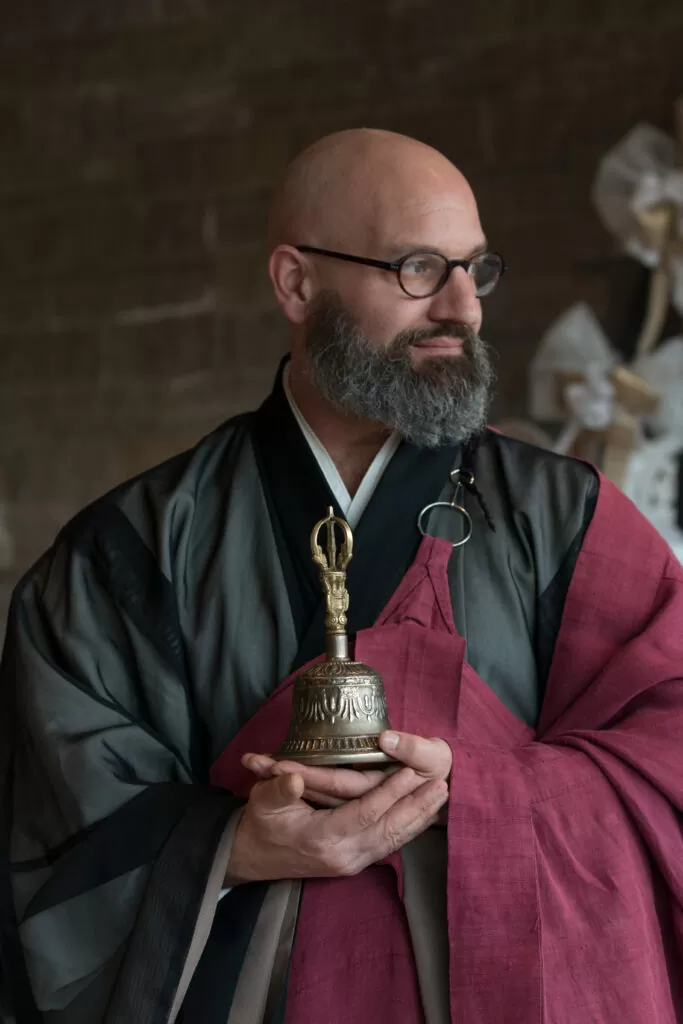
The Father Wound
The invisible father wound is quiet but persistent. It gnaws at our self-esteem. With every decision, it whispers, "I'll disappoint you again." The path to healing begins with recognizing that silent voice and gently contradicting it. I was never enough. This phrase doesn't creep loudly into our lives. It lives quietly in the corners of our self-esteem. When, as children, we felt we constantly had to please, when praise was rare and love seemed conditional, we began to develop a mask—a mask of strength, of achievement, of conformity. We become masters at guessing what others expect of us and, in the process, lose a sense of our own needs.
These masks aren't born of vanity, but of fear, the deep, childlike fear of being rejected again, of not being enough again, of being overlooked again.
Perfectionism
And so many adults become inwardly driven perfectionists who never find peace. People who seek harmony at all costs, or silent helpers who forget themselves as long as others are happy. But behind it all lies an old shadow, the shadow of rejection, a shadow that convinces us that love must be earned, that we must fight to fit in, and remain silent to avoid being abandoned. Carl Jung called this part of us the persona, the mask we present to the world. But the more we identify with the mask, the further we distance ourselves from our true selves.
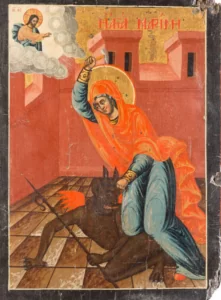
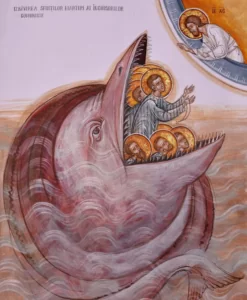
Healing
The first step to healing is to feel where we've given up on ourselves just to avoid being abandoned by others, and for the first time, to avoid rejecting ourselves. We often think we fall in love of our own free will. But what if part of this decision is much older, stemming from an unconscious longing to heal what was once broken? If we felt unseen, unwanted, or not enough as a child, we often, without realizing it, search for someone who will finally give us what we were missing back then. We don't just fall in love with someone; we fall in love with an opportunity, the possibility of rewriting the old story.
But what happens when we unconsciously choose the same type of person who once hurt us? A partner who is emotionally distant, who criticizes us, belittles us, or doesn't even notice us. Someone with whom we constantly have to fight to be seen. And so the old drama repeats itself, only with new characters. It's no coincidence. It's the unconscious child within us that hopes that this time will be different. This time I will be enough. But this attempt often ends not in healing, but in even deeper disappointment.
Until you make the unconscious conscious, it will control your life, and you will call it fate.
Our relationships are the most honest mirror of our unresolved wounds. They show us where we still believe we have to fight, where we are not yet enough for ourselves. Healing begins when we stop looking in others for what can only be found within ourselves. If love feels like a constant effort, if you constantly have to prove yourself, explain yourself, and apologize, then perhaps it is not love, but a survival pattern.
For many, love begins not with trust, but with fear
The fear of being overlooked again, of not being enough again. In childhood, when we were only seen in small moments, when praise was rare and affection unreliable, the soul learns: "I have to achieve something to deserve love." This impression remains. It transforms adults into emotional warriors, people who settle for less because they never learned what emotional feeling feels like. They cling to relationships where they give everything for small tokens of affection. They tell themselves: "At least there's someone, or maybe things will get better if I try harder."
But love that becomes an effort is not home. It's a battlefield, and often we realize only later that we are not fighting for that person. We are fighting against the old feeling of worthlessness, against the voice from the past that says, "You are only lovable if you give everything." But true love does not begin with a fight. It begins with dignity, with the decision to no longer betray oneself just to feel a little closeness.

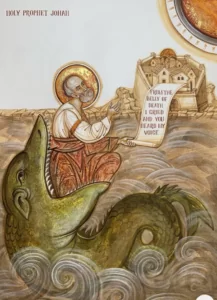
The unconscious doesn't speak in words
It speaks in repetitions, in patterns, in symbols, in decisions we make instinctively and later regret. When we get into relationships that hurt us. When we repeatedly meet people who overlook us, control us, or reject us, it's no coincidence. It's the language of the unconscious.
Carl Jung recognized early on that what we don't recognize deep within repeats itself externally until we are ready to face it.
The Father Wound - Pain Can Be More Familiar Than Love
The father wound is like an ancient code in our inner software. As long as it remains undetected, it influences our relationships, our careers, our self-perception. Some sabotage their happiness just before they achieve it. Others unconsciously choose situations in which they feel small and powerless. Not because they want to, but because it feels familiar. Pain can be more familiar than love if you've known it since childhood. The unconscious is not an enemy. It is a keeper of old stories. It doesn't repeat itself to punish, but to show that there is still something there to feel.
Healing begins when we learn to hear this language, when we recognize the cycle and no longer understand it as fate, but as a message. Deep within us lives a child, not only in memory but also in experience. A part of us that is still waiting to be seen, embraced, and unconditionally accepted.


Fatherly Vacuum
If this love was missing in childhood, if our inner self wasn't reflected upon but ignored and judged, then something remains open. An unfulfilled hunger. Many adults carry this emptiness within themselves, unaware that it is the voice of an inner child whispering, "I am lovable, I can simply be." And this child controls more than we think. It chooses partners who remind us of what it knows.
It says yes when it means no, out of fear of being abandoned again. It tries to achieve through achievement or conformity what it never achieved through mere existence. But no success, no relationship, no external recognition can heal what was once deeply wounded within. Only we ourselves can encounter this child by taking the time to feel it, to listen to it without correcting it, by giving it today what it didn't receive then: attention, patience, love. The inner child doesn't disappear. It only becomes quiet when it is finally taken seriously. Healing begins when we stop looking outward. Let us look for what is still waiting inside.
The Shadow
A shadow lives within each of us. Not evil, not dangerous, but forgotten, repressed, misunderstood. Carl Jung described the shadow as that side of our personality that we weren't allowed to express out of fear, shame, or rejection. It's what we had to hide in order to be loved. For some, it's anger; for others, vulnerability; for many, the feeling of being valuable without having to achieve anything.
These parts were banished from the light because we learned early on that we shouldn't be that way. But what is repressed doesn't disappear. It works in secret. It manifests itself in sudden reactions, inner teachings, or chronic self-condemnation. The father wound often casts a long shadow, and this shadow lives on in what we reject about ourselves, in what we can't bear about others, in the parts we believe we have to hide in order to be accepted. Yet therein lies the healing.
For what we put in the shadows has power over us. But what we bring to light becomes part of our consciousness and thus transformable.
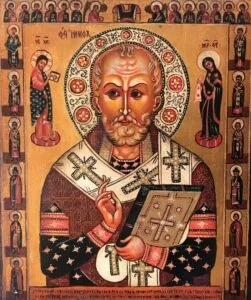

Integrating the Shadow
Integrating the shadow is not an intellectual exercise. It is an act of honesty, of self-discovery, of courage, and of seeing ourselves as we truly are, with all the beauty and all the pain. Only those who are willing to face their shadow can become whole. Healing doesn't mean becoming perfect. Healing means becoming complete. What if part of what you consider your essence is merely a reaction to old pain? What if your over-adaptation, your perfectionism, your constant worrying, or your withdrawal are not you, but a protective shield?
The father wound not only shapes our feelings, but also our self-image. Our identity often becomes a survival mechanism.
I am the strong one. I am the one who doesn't need help. I am the one who is always there for others. But who would you be if you no longer had to function? If you no longer deserved love, but simply received it. The wound may have taught you that closeness is dangerous, dependence weak, or feelings unreliable. It may have forced you to grow up early and take on responsibility when you still needed it.
But today you are no longer a child. Today you have a choice. You can ask yourself: Which of my decisions do I make out of fear and which out of freedom? What do I do to be liked, and which because it corresponds to my truth? Healing doesn't happen suddenly, but begins right here in the quiet, honest questioning of your inner self. Who are you in all these roles? Who would you be if the wound no longer controlled you? You may not be living as that person yet, but you can begin to remember it. There is one love that fulfills, and another that exhausts.
Many people, shaped by the father wound, confuse love with effort, with sacrifice, with conformity. They give everything and lose themselves in the process. They say, "I love you, but please don't leave me."
Imbalance
In relationships, an imbalance then arises: giving without measure, understanding without limits, staying even though the heart has been crying for a long time. But love built on fear does not lead to connection, but to self-denial. The path back begins with a question: Am I still myself in this relationship? As we heal, we begin to distinguish between true compassion and self-forgetfulness, between love born of freedom and love born of need. We learn to feel our center, to recognize where our space ends and the other's begins. We say no without guilt.
We stay without losing ourselves. This new form of love no longer requires masks, constant performance, or a struggle for attention. It springs from inner abundance, not inner lack. When you begin to find a home for yourself, you no longer have to look for it in others. And suddenly, your relationship with something else no longer becomes a battlefield for your old wound, but a space for truly free togetherness.
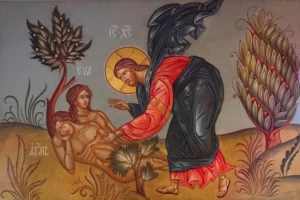

Healing is not a destination - Healing is a path
And in depth psychology, this path has a name: individuation. Carl Gustav Jung defined it as the process by which a person gradually becomes what they have always been deep down. Not perfect, not adjusted, but real, complete, and true. Individuation often begins with a crisis, a break, a moment when the old life no longer supports them and the new is not yet tangible. Many experience this in midlife, when roles break down, relationships change, and external successes are no longer sufficient to fulfill the inner teachings.
Individuation
Then the soul begins to call. The call is quiet but persistent. Who are you? What belongs to you beyond your wounds? And what are you only carrying around because it was expected of you? Individuation does not mean withdrawal, but conscious reconnection with one's own shadow, with one's own history, with one's own power. It is a process of integration. Forgiveness not for the sake of others, but to become free. Self-acceptance not because one does everything right, but because one finally recognizes oneself. On this path, we begin to guide ourselves. Not out of defiance, not out of pride, but out of responsibility for our own soul. And suddenly, we become the adult we needed as children—not invulnerable, but awake, not perfect, but connected to ourselves.
This is the true path to maturity: not losing oneself to belong to, but remembering to become whole.
On the path to healing, there comes a moment when you understand. It's no longer about what you didn't get, no longer about whether your father was there or not, whether he saw, felt, or understood. It's about what you're willing to give yourself today.


Because the truth is - the father you've been waiting for is no longer coming!
But you can be that father today, not in the biological sense, but in the deepest spiritual sense. The authority within you that supports you, that guides you, protects you, and strengthens you. You become the inner father when you learn to calm yourself instead of judging yourself, when you give yourself guidance instead of constantly looking outside for it, when you say, "I'm here for you," and by that, you mean yourself. It's the moment when you stop belittling yourself because you were once held small, when you reclaim your dignity because you realize it was never truly lost.
You may not have had a father to hold you, but you can learn to hold yourself—strongly without being harsh, clear without becoming cold. And if you have children of your own or people close to you, you'll notice that you're suddenly giving away what you never received, because you're no longer acting out of lack, but out of the abundance you've built within yourself.
That is true maturity—not when you no longer have wounds, but when you've transformed them into wisdom, when you become the answer you've been waiting for so long. The father wound is real. It's not an illusion, not hypersensitivity. It's the echo of a lack that was often invisible but left deep scars. Perhaps you've recognized yourself in many of these chapters. Perhaps you've felt, "Yes, that's me." If so, that doesn't mean you're broken. It means you're ready to heal, because only those who look can free themselves. Only those who feel can change.
Only those who honor the past can begin anew
Without chaining yourself to it, you can begin anew. Practical inspiration for your path: A conversation with your inner child. Write it a letter, ask it what it needs, and tell it today that you are there. Feel your limits. Learn to say no without guilt. You are not here to constantly prove yourself. Recognize repetitions. If you constantly feel ignored or overly responsible, pause. Ask yourself which old story is repeating itself. Don't let your shadow linger in the dark any longer.
Everything you reject continues to work in secret. Everything you accept loses its power.
Create a safe place for yourself. Strengthen rituals that do you good. Practice loving self-talk and remind yourself that you are the adult today you needed to be back then. You don't have to walk this path perfectly. Just be honest, because ultimately the question isn't whether you were enough for your father, but whether you're ready enough for yourself today. If you answer "yes," then a new chapter begins, one that isn't pain-free, but full of awareness. And that is the beginning of true freedom.

